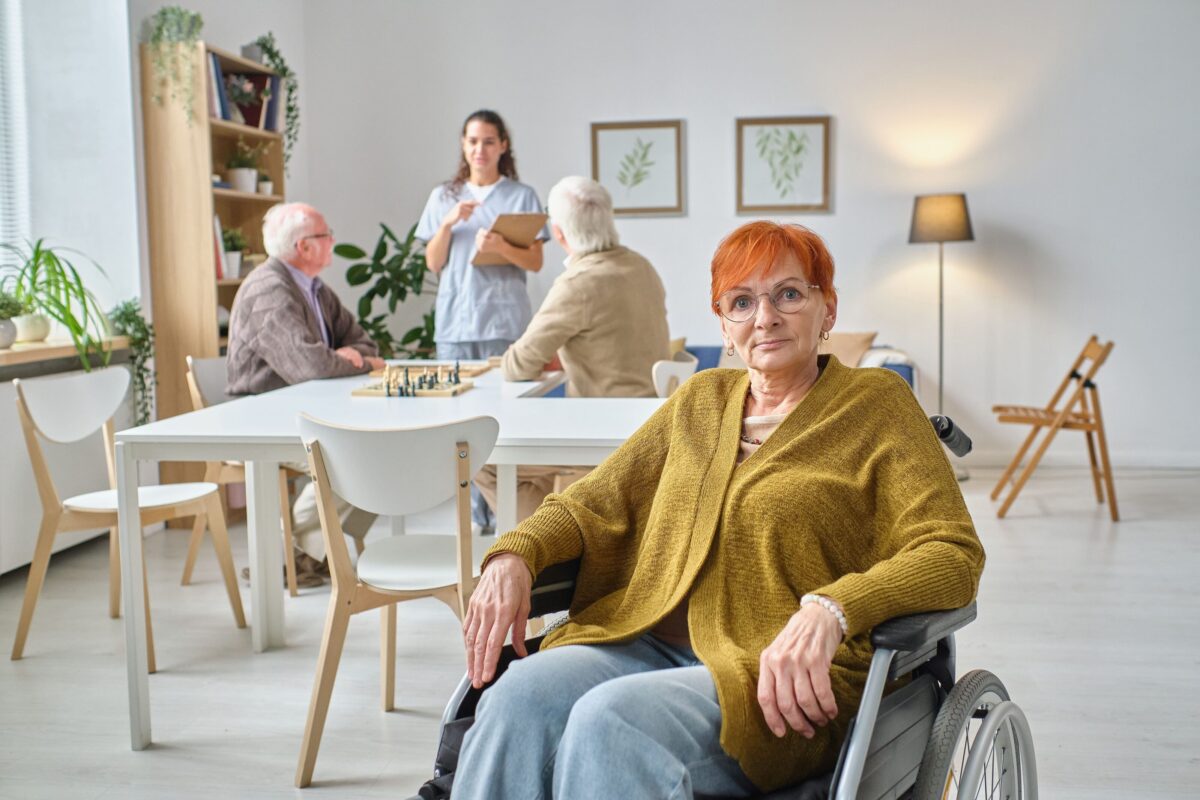Have you ever wondered how individuals facing specific challenges—such as physical disabilities, mental health issues, or recovery from substance abuse—can maintain independent living? The UK offers a solution through Independent Supported Living. This form of accommodation is designed to provide individuals with the support they need while empowering them to live as independently as possible. In this article, we’ll explore what independent supported living is, its benefits, types of accommodation, and why it’s a vital resource for many in the UK.
What is Independent Supported Living?
ndependent Supported Living refers to housing options that provide individuals with the support they need to live independently, while still having access to services like medical care, personal assistance, and social support. This type of accommodation is often designed for individuals who may have physical or mental health conditions, learning disabilities, or those recovering from substance abuse. The goal is to offer a safe, supportive environment where residents can thrive, manage daily tasks, and gradually reduce their dependence on others.
Unlike traditional care homes, independent supported living allows residents to maintain autonomy over their lives while benefiting from tailored assistance as needed.

Key Features of Independent Supported Living
Independent supported living offers several key features that make it distinct from other types of accommodation:
- Personalized Support Plans: Each resident typically has an individualized support plan, which outlines the level of care and assistance required based on their specific needs.
- Community Living: Many supported living arrangements encourage a sense of community, helping reduce loneliness and promoting social interaction among residents.
- Access to Essential Services: Residents often have access to therapeutic, medical, and social services aimed at improving their overall well-being.
- Independence with Support: Supported living acts as a bridge between dependent living and full independence, providing the necessary tools to help residents maintain autonomy in a structured, safe environment.
Types of Independent Supported Living in the UK
There are various types of independent supported living arrangements, each designed to meet different needs. For example, residential supported housing provides round-the-clock staffing and on-site facilities, such as therapy rooms and communal areas, to support residents. This option is ideal for individuals who need frequent or intensive support.
Shared supported housing involves individuals living together in a communal setting, which reduces costs and encourages social interaction. Residents in these environments may share responsibilities for household tasks, promoting both independence and a sense of community.
Finally, floating support allows individuals to live in their own homes while receiving occasional support. This flexible arrangement is ideal for those who can live independently but require periodic assistance.
Who Can Benefit from Supported Independent Living?
SIL is designed for a wide range of individuals, including:
- Adults with Disabilities: This includes individuals with intellectual disabilities, developmental disabilities, physical disabilities, and mental health conditions. These individuals may require varying levels of support, but the goal is always to help them live independently.
- Seniors with Disabilities: Older adults who have developed disabilities later in life can also benefit from SIL services, particularly those who want to remain in their homes or age-in-place but require support to do so.
- Individuals with Mental Health Conditions: People living with mental health conditions such as depression, anxiety, or schizophrenia may also benefit from the supportive structure that SIL offers, enabling them to live in their communities while accessing the necessary mental health services.
Benefits of Independent Supported Living
The benefits of independent supported living extend beyond just the individuals who use the services. These benefits include:
-
Promoting Independence: Supported living empowers individuals to learn and develop skills necessary for independent living, gradually reducing reliance on others. This fosters self-confidence and autonomy.
-
Improving Quality of Life: Many residents report improvements in their mental and physical well-being due to the structured support and the opportunity to engage with others in a supportive environment.
-
Reducing Homelessness: By providing a stable living environment, supported accommodation reduces the risk of homelessness for individuals who might otherwise struggle to maintain stable housing.
-
Enhancing Social Integration: The communal aspect of supported living helps individuals feel connected to others and reduce isolation, which is crucial for mental and emotional health.
Challenges and Considerations
While independent supported living offers many advantages, there are challenges that need to be addressed to ensure its continued success:
-
Funding and Resources: Ensuring adequate funding for supported living services is essential for maintaining the quality of support and facilities. Without sufficient investment, it may be difficult to meet the growing demand for services.
-
Catering to Diverse Needs: Individuals who access supported living services have diverse requirements. It’s important for support staff to receive ongoing training to adapt services to the unique needs of each resident.
-
Sustainability: As demand for supported accommodation grows, it’s vital to ensure that services remain sustainable and accessible to all who need them.
How to Access Independent Supported Living in the UK
If you or a loved one is considering independent supported living, several organizations can help guide you through the process. Shelter UK and the National Housing Federation offer resources and advice on how to access supported accommodation, understand eligibility criteria, and choose the best housing option based on your needs.
Eligibility typically depends on the level of support required, so it’s important to assess the type of care you need before applying. Many services offer initial assessments to determine the appropriate accommodation and support options.
Final Thoughts
Independent supported living plays a critical role in helping individuals maintain autonomy while receiving the support they need to thrive. By offering personalized care, fostering a sense of community, and improving overall well-being, supported accommodation is an invaluable resource for many across the UK.
If you’re considering supported accommodation or want more information, reach out to organizations like Shelter UK or the National Housing Federation. Independent supported living is more than just housing—it’s a pathway to greater independence, enhanced quality of life, and better social engagement for individuals across the UK.

